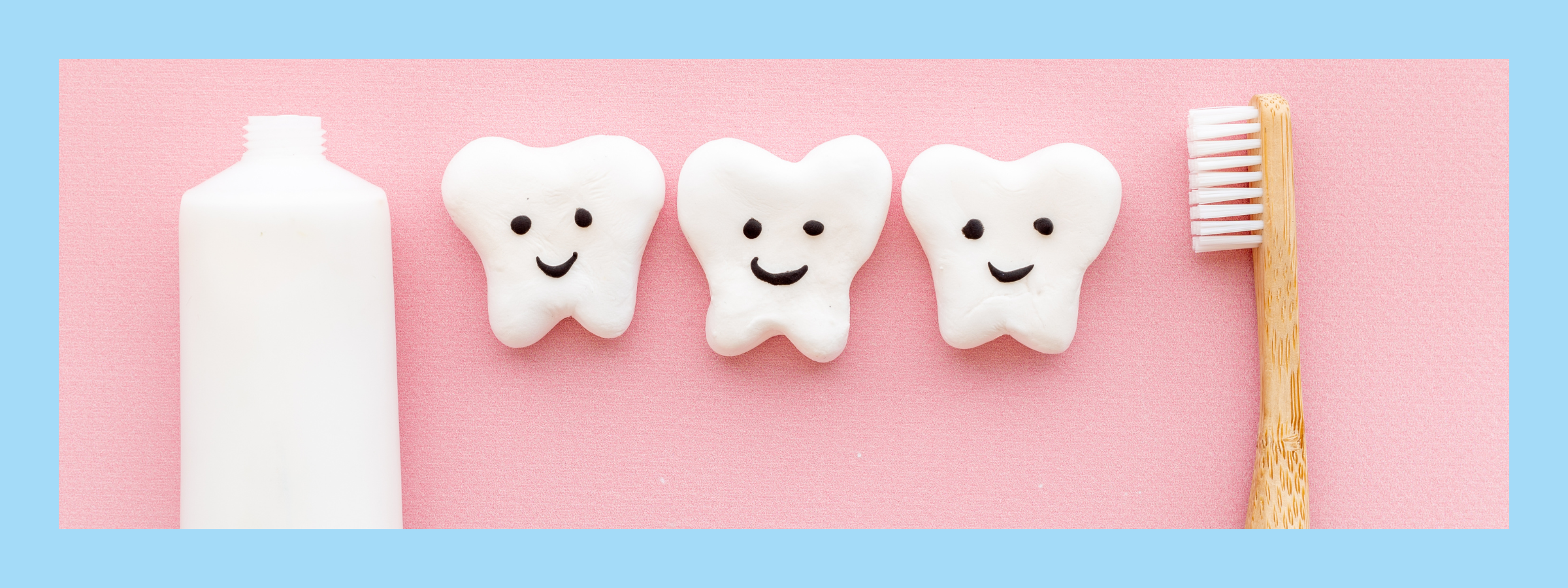
How to handle Chemo Dry Mouth: Expert Tips for Relief and Prevention
Dry Mouth Side Effects: How Long Do They Last?
-
During Chemotherapy: Chemotherapy thickens saliva, resulting in temporary dry mouth that typically resolves within 2 to 8 weeks after treatment.
-
During Radiotherapy: Radiation therapy to the face, neck, or head can lead to dry mouth persisting for up to six months post-treatment. Extended dry mouth may occur, especially if radiation targets the salivary glands directly.
Symptoms of Dry Mouth:
- Sticky, dry mouth sensation
- Thick, stringy saliva
- Pain or burning in the mouth or tongue
- Cracks in the lips or mouth corners
- Dry, tough tongue
- Difficulty chewing, tasting, swallowing, and speaking
Importance of Saliva: Saliva plays a crucial role in chewing, swallowing, tasting, and talking, while also maintaining oral bacterial balance to prevent infections.
Remedies for Dry Mouth
-
Hydration: Drink water and sugarless beverages; suck on ice chips or sugar-free gum with xylitol.
-
Avoidance: Stay clear of drying agents like soda, fruit juice, tobacco, and alcohol.
-
Oral Care: Use fluoride rinses and gels during radiation therapy; avoid alcohol-based dental products.
-
Humidification: Utilise cool mist humidifiers, especially during sleep and in dry environments.
-
Dietary Considerations: Opt for soft, moist foods like sandwiches, yogurt, and pasta with sauces to ease discomfort while eating.
-
Homemade Mouthwash Recipe: Rinse with a mixture of warm water, salt, and baking soda after meals to soothe dry mouth symptoms.
Avoidance List for Dry Mouth
- Dry, coarse, or hard foods
- Spicy or acidic foods
- Sugary, caffeine-infused, or alcoholic beverages
Conclusion: Managing dry mouth during cancer treatment is crucial for maintaining comfort and oral health. Follow these remedies and precautions to alleviate symptoms and enhance overall well-being.
For more oral care tips during cancer treatment, explore our comprehensive guide on 'Oral Care for Cancer Treatment'.

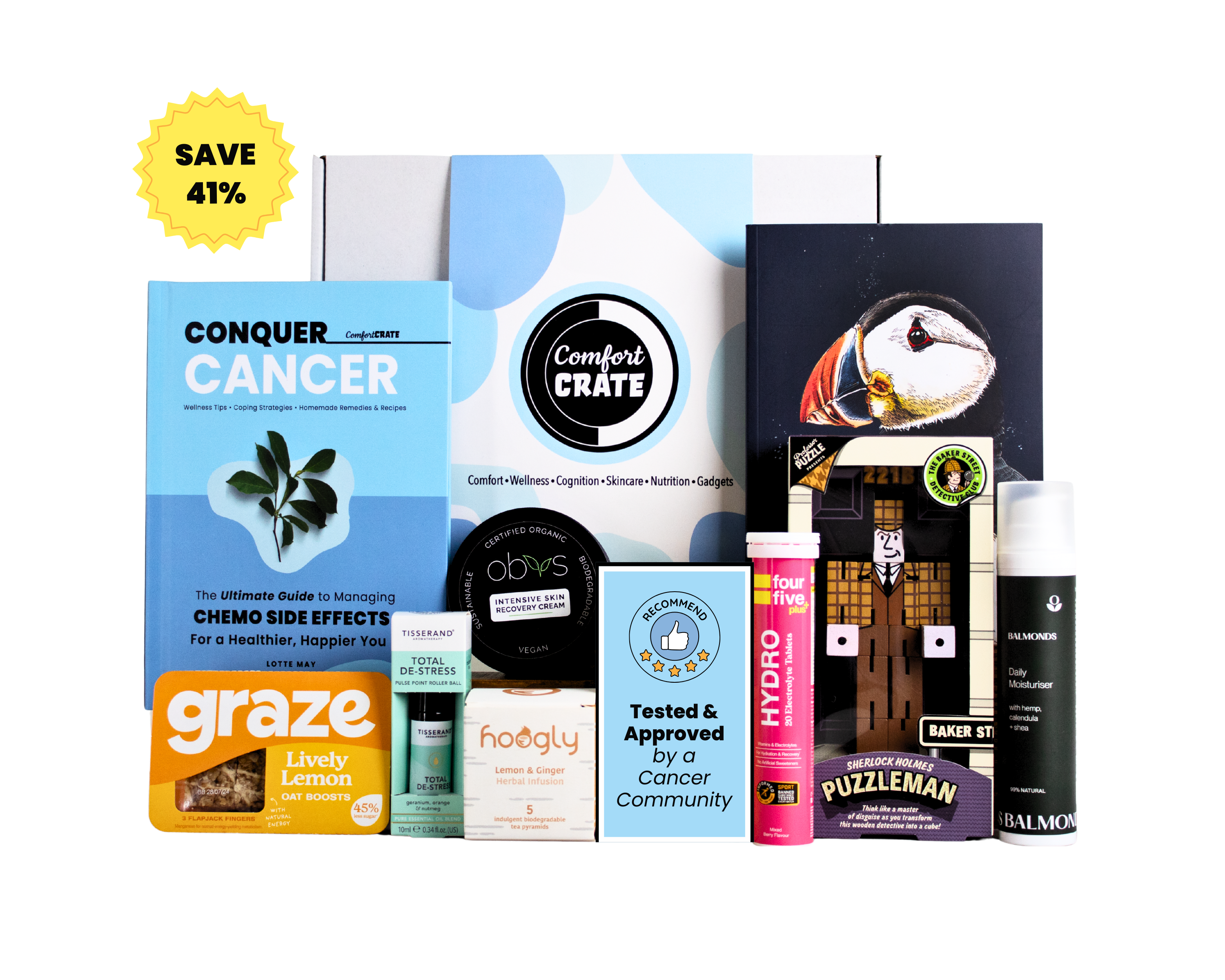

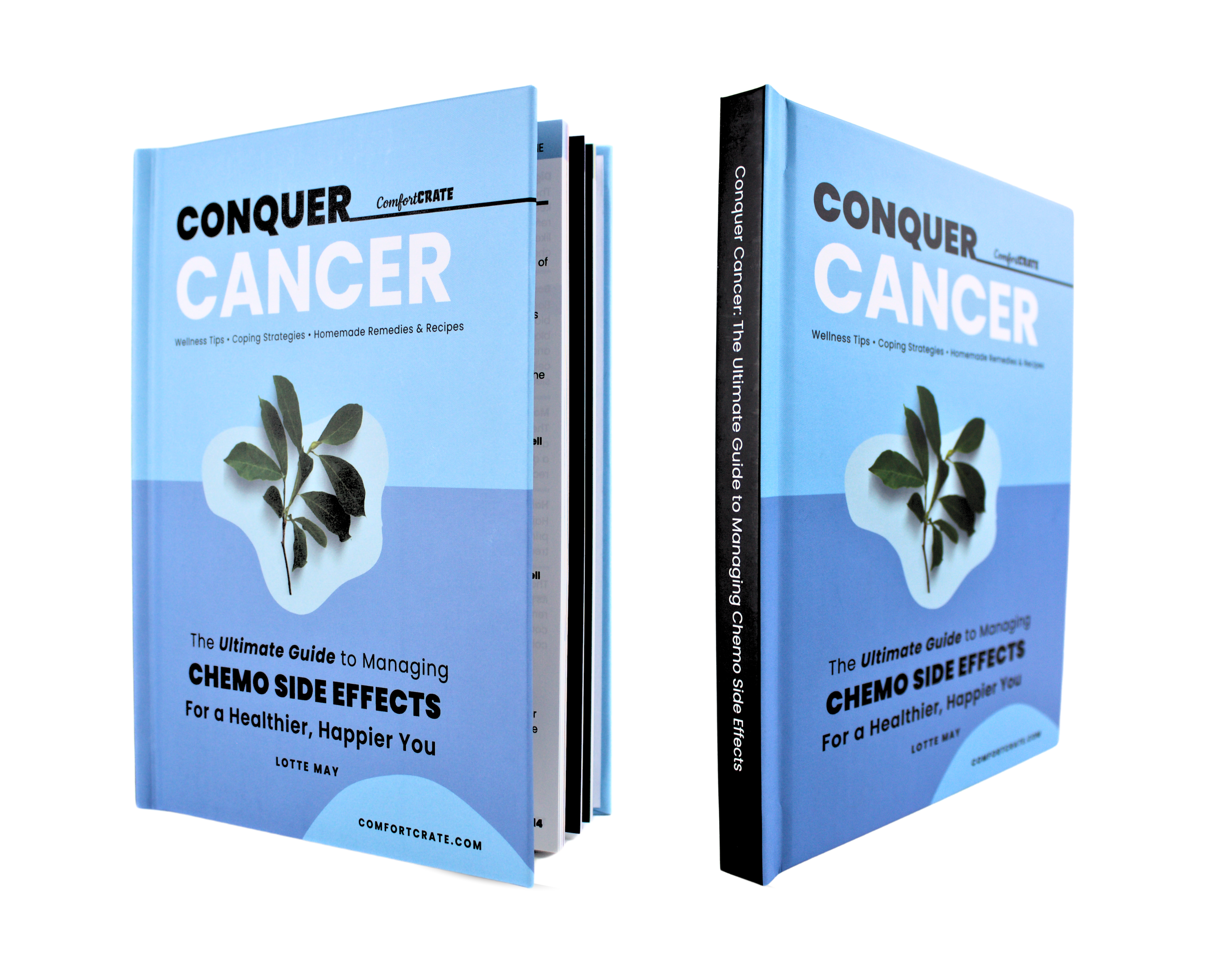
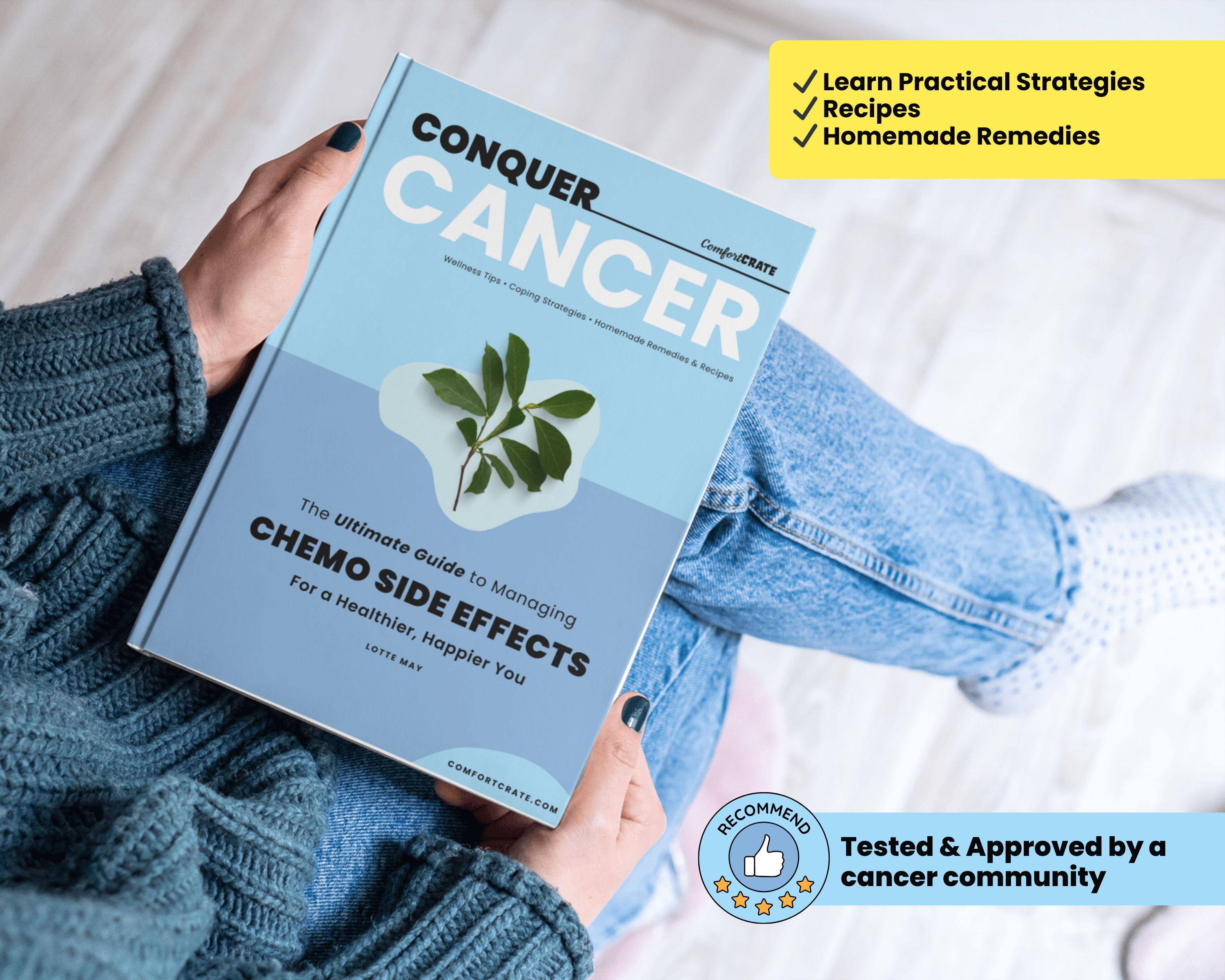


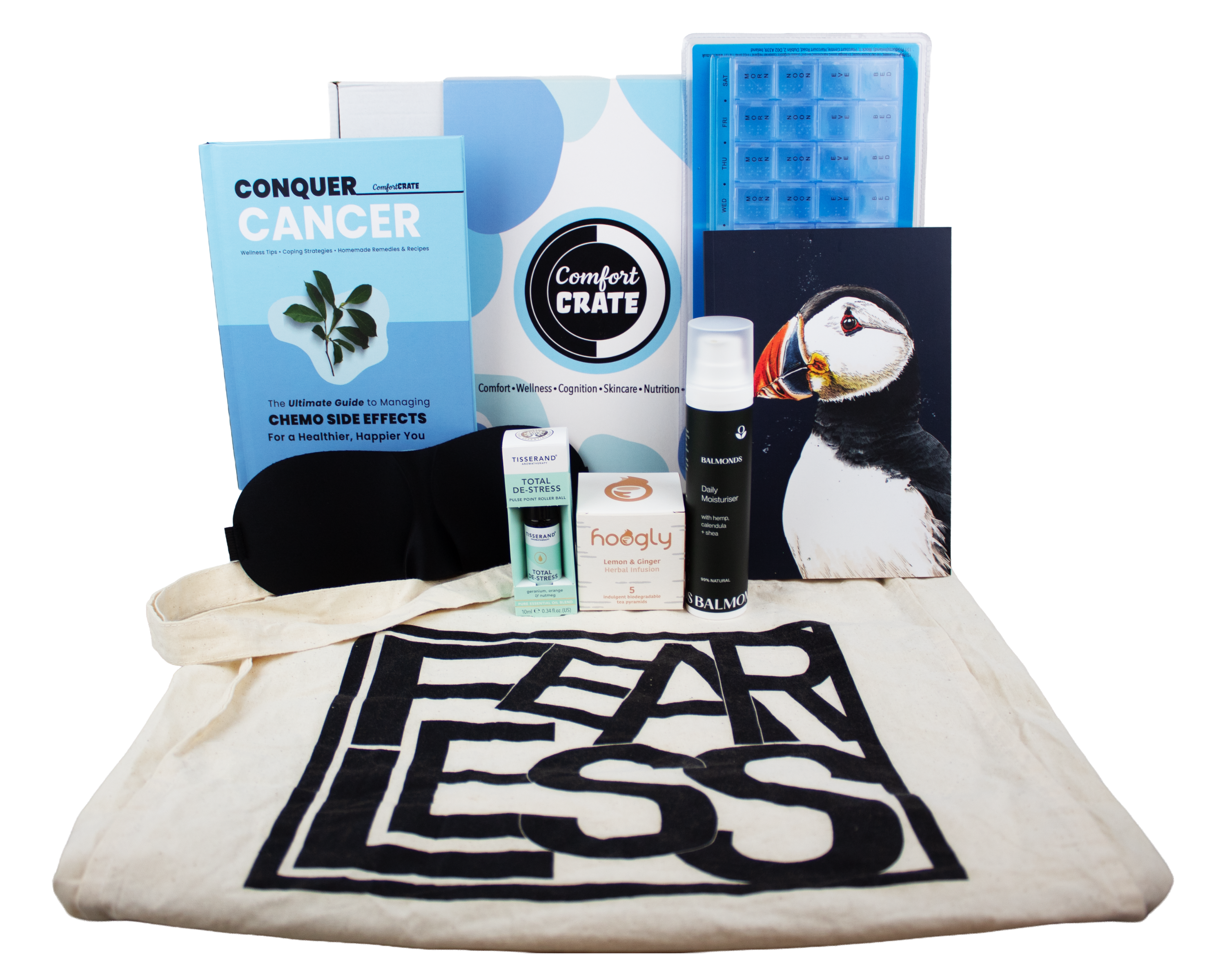
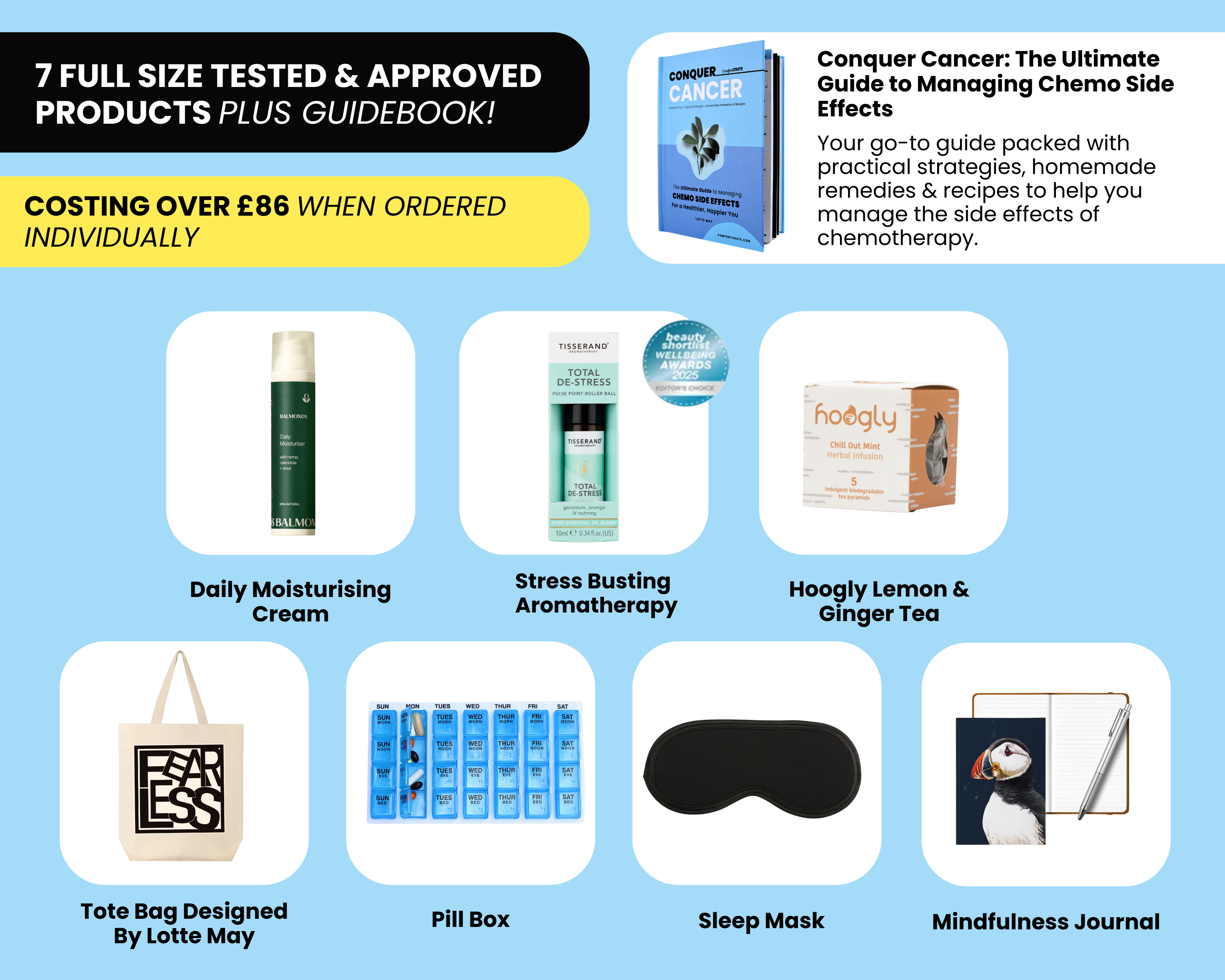
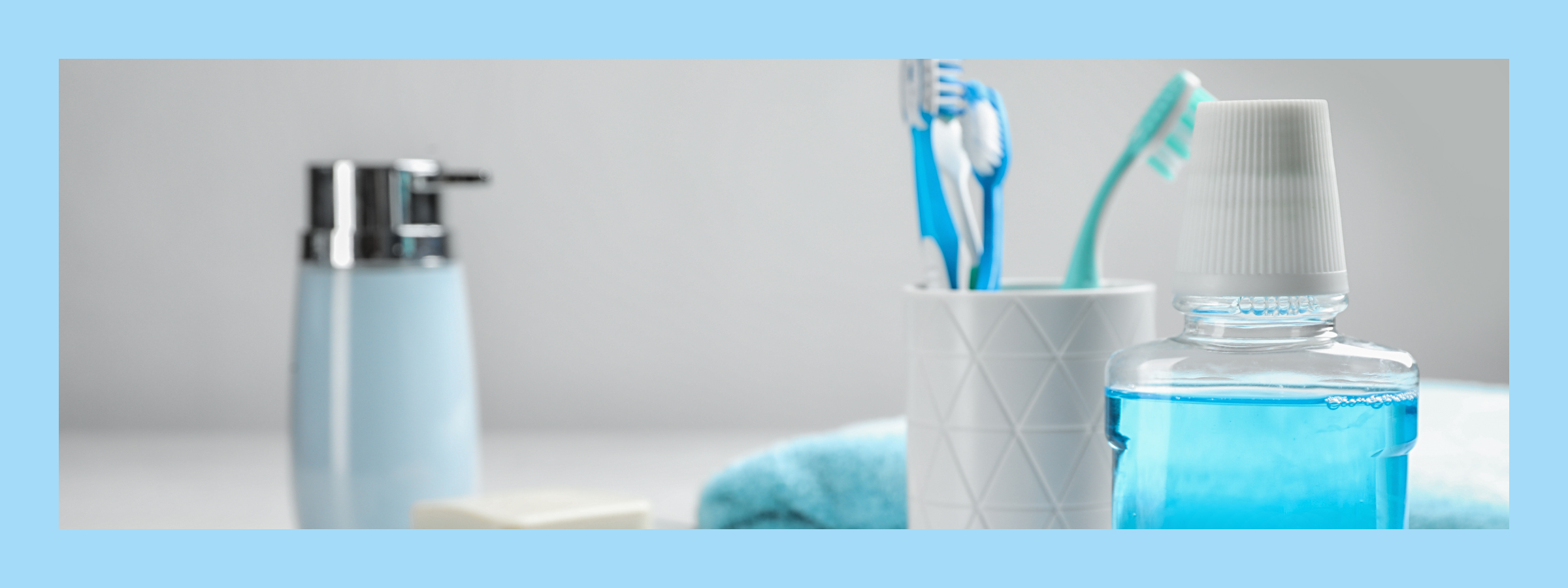

1 comment
This blog is super helpful! The tips are practical and easy to follow, making it a great guide for managing dry mouth effectively.
synergy physiotherapyclinic
Leave a comment
This site is protected by hCaptcha and the hCaptcha Privacy Policy and Terms of Service apply.